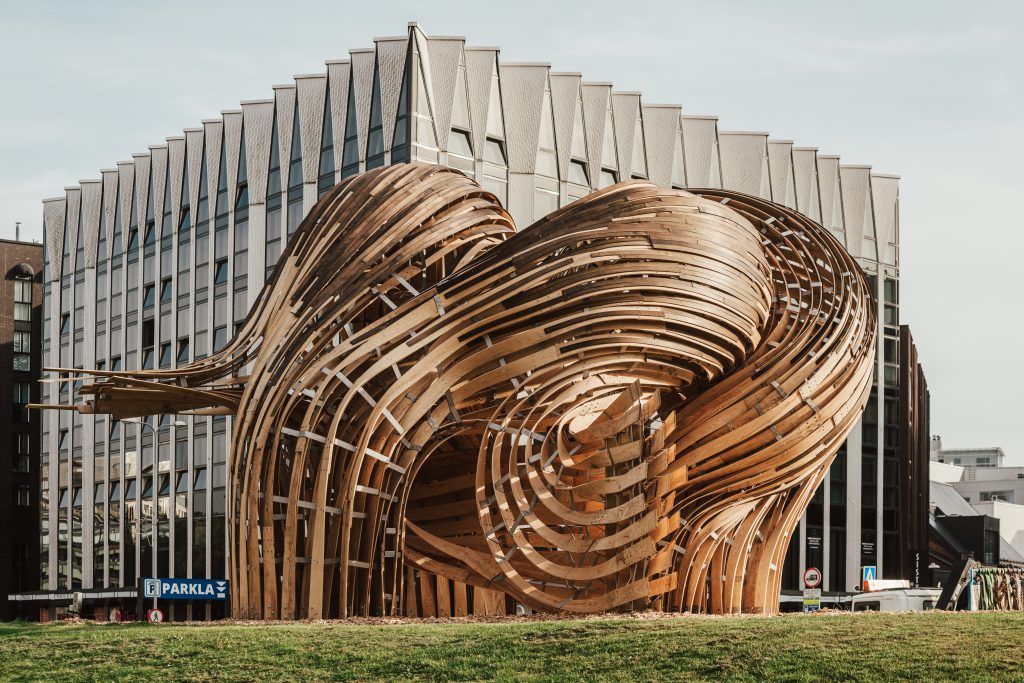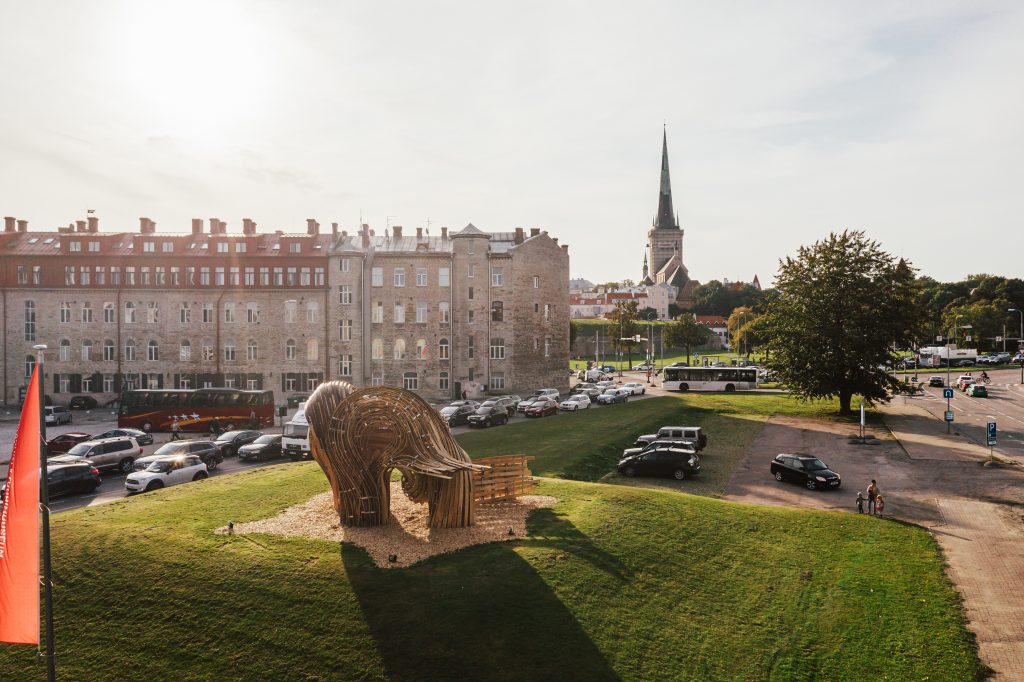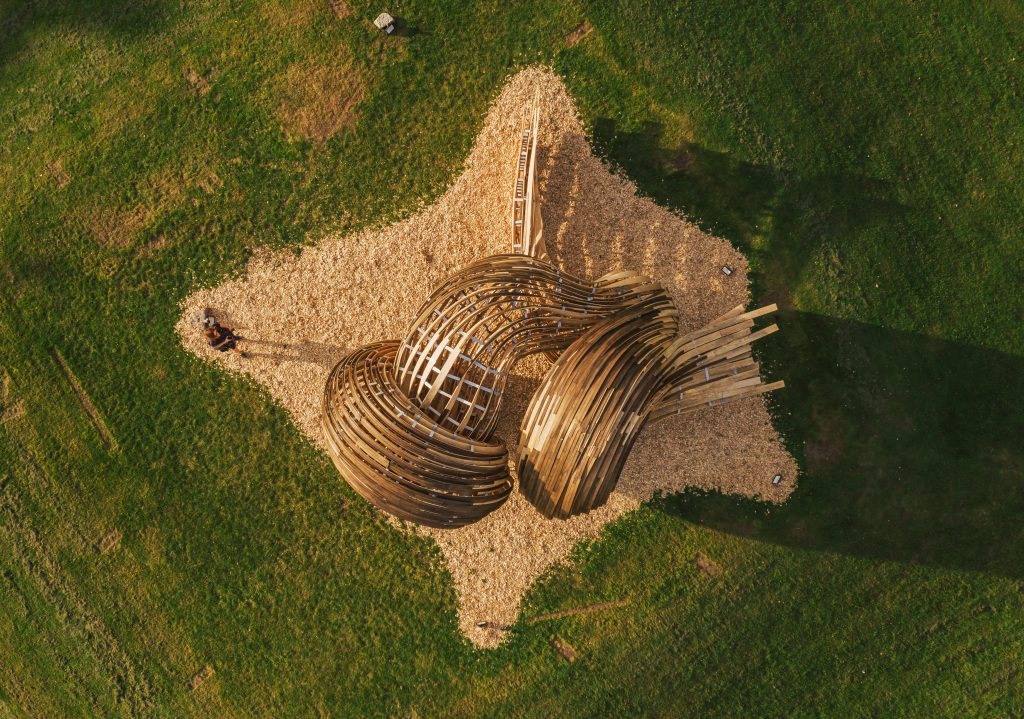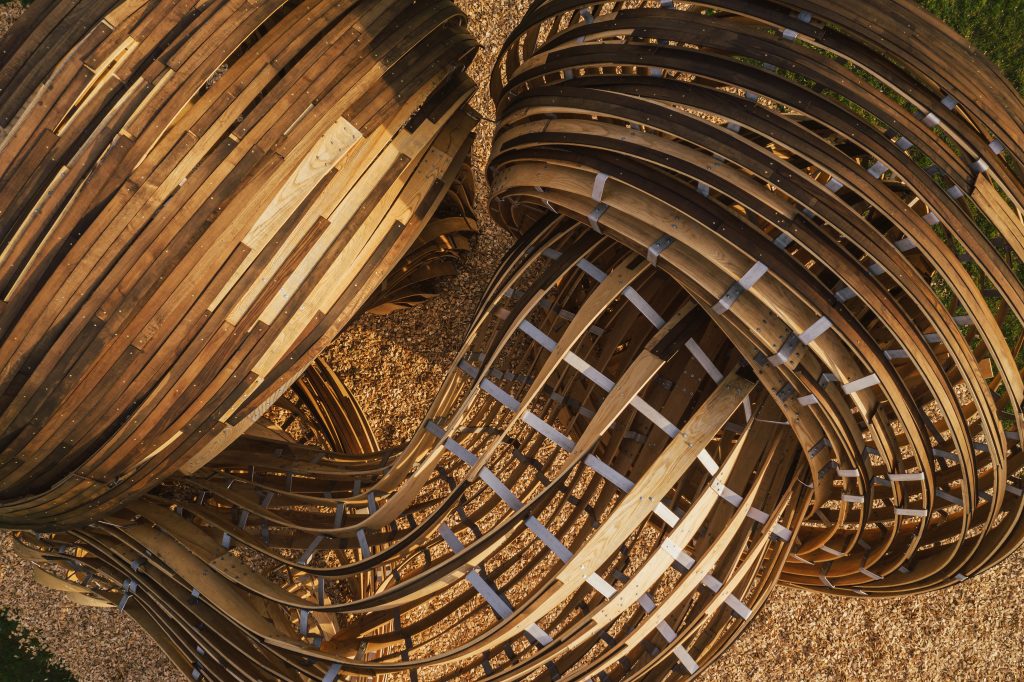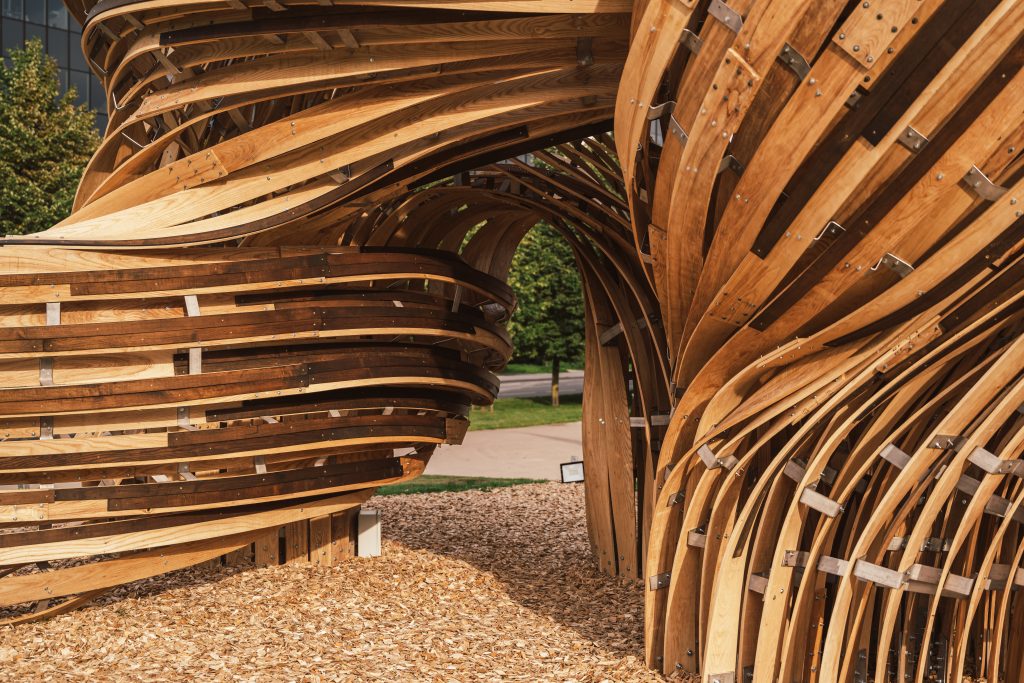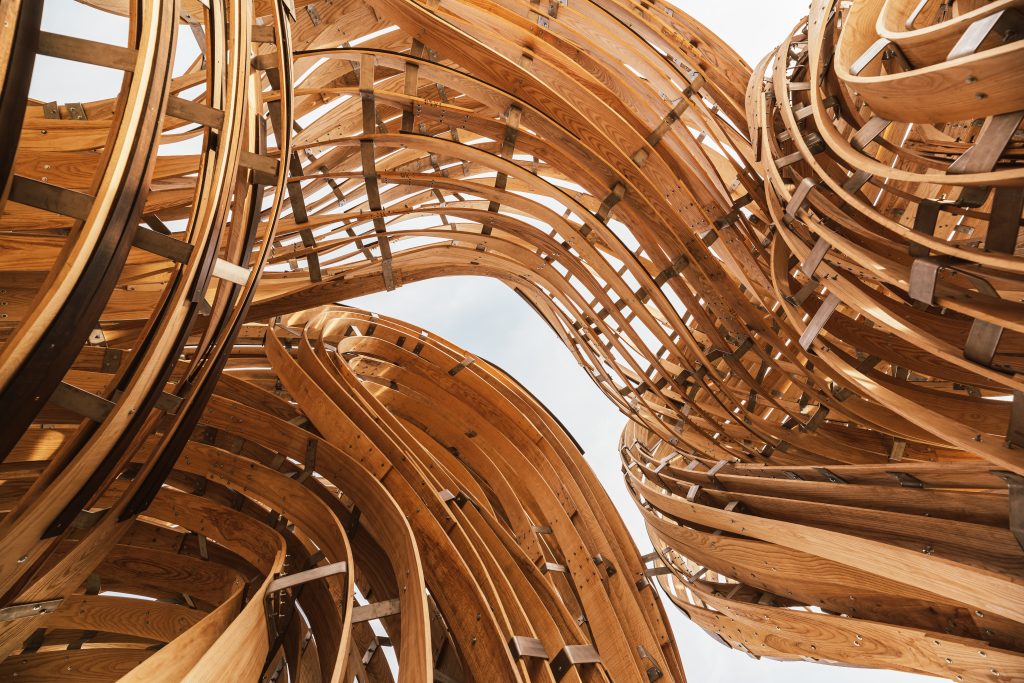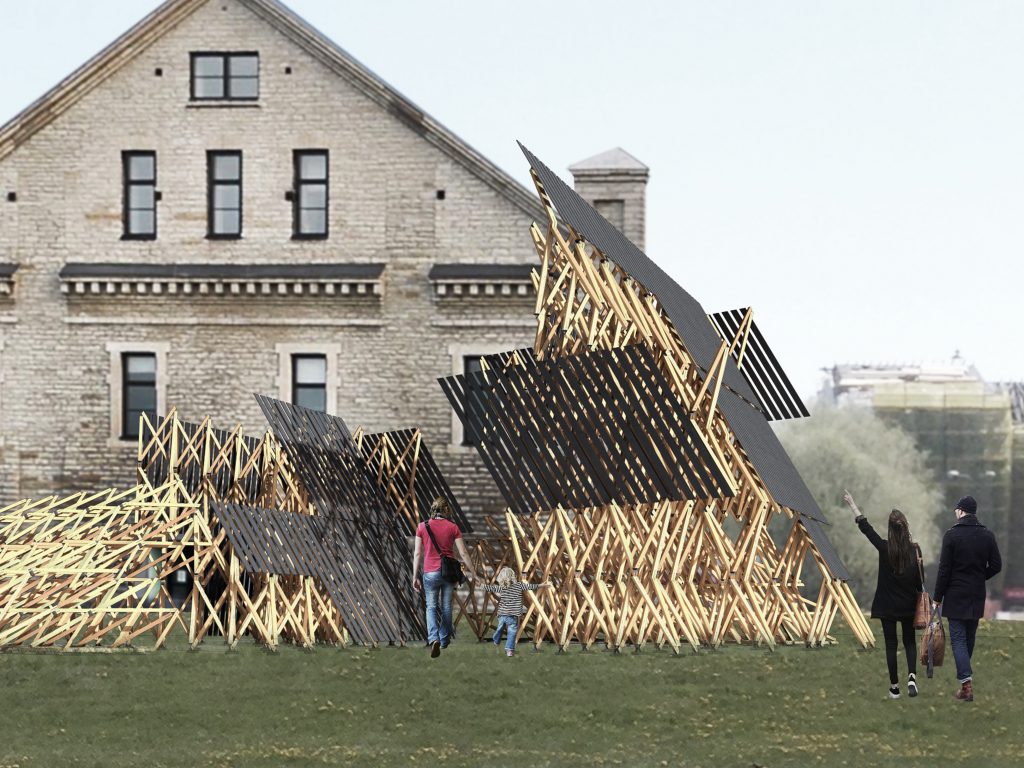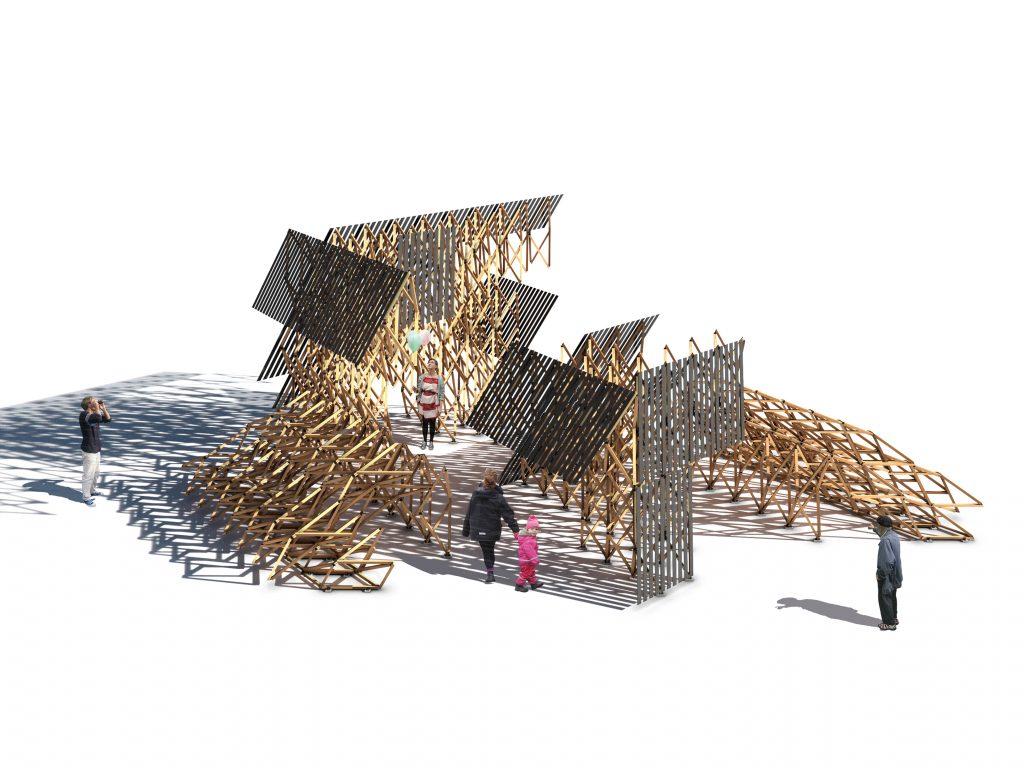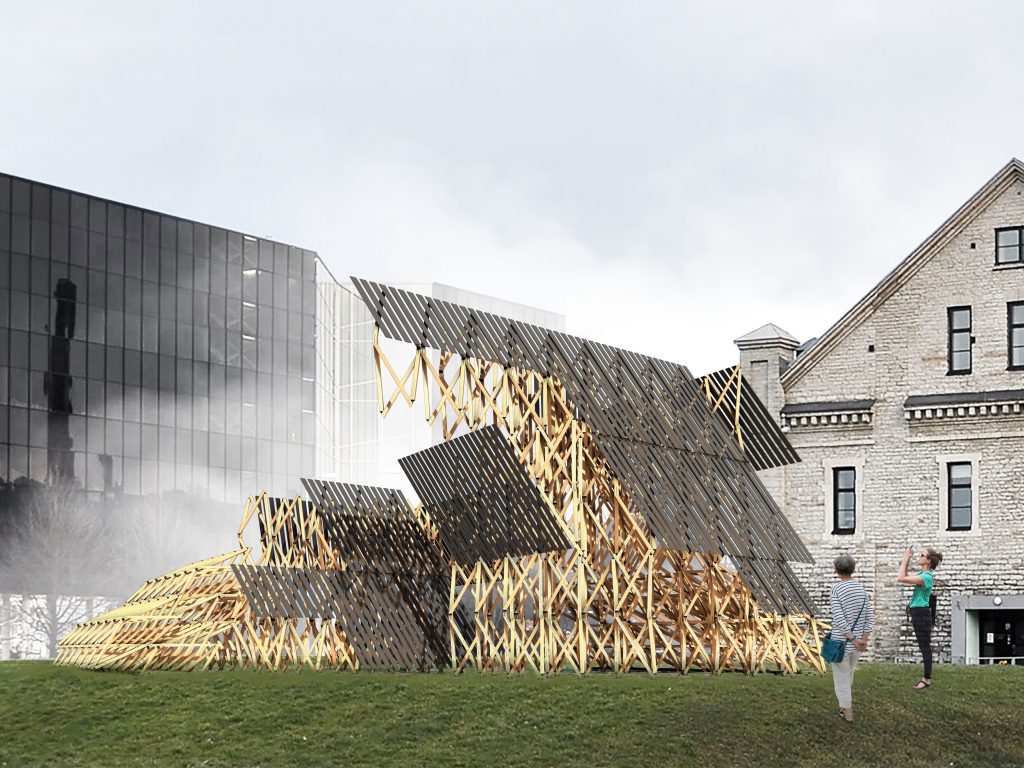Installation Programme Competition
Huts and habitats
COMPETITION IS CLOSED
In the past decade, the pavilion has become a kind of staple for architects experimenting with new technologies, spatial experiences or formal languages. But can we think about small-scale architectural installations beyond the pavilion or the folly? A good example could be the 19th century notion of the “primitive hut”, the search of architects like Marc-Antoine Laugier and Gottfried Semper for a first, original architecture. The TAB Installation Programme Competition invites emerging architects and designers to design a modern day primitive hut, an opportunity to research fundamental aspects of architecture: its tectonic system and related production chain with its social consequences, but also aspects of living, dwelling and ultimately, of course, it’s digestion by the public. The installation is small, but the thoughts behind it can be inversely proportional.
Competition Winner
Steampunk by Gwyllim Jahn, Cameron Newnham (Fologram, AU), Soomeen Hahm
Design (UK) and Igor Pantic (UK).
Steampunk is a proposal for a pavilion
made of steam-bent timber elements, using analogue tools augmented
with the precision of mixed reality environments. It explores an
adaptive design and fabrication system that is resilient to wide
tolerances in material behaviour and fabrication accuracy, occupying
a fuzzy in-between that is neither purely ad-hoc nor purely
automated. Steampunk explores a path to rethink
applications and traditions of craft in pursuit of their
evolution.
Engineering: Format Engineers
Project Team: Sean Guy, Xavier Madden, Nick van den Berg, Hanjun Kim, Aishe Kokoshi, Triin Juhanson, Karim Rouabah, Szymon Padlewski, Thorlak Solberg, Christopher Ferris, Jack Mansfield-Hung, James Morton, Muhammad Ejle, Taivo Lints, Hugo Loydell, Mathilde Grodem, Trine Jarsto, Bodil Eiterstraum, Gerda Levin, Simon Greil, Linn Johansson, Filip Nyborg, Anne Frydenlund, Arissara Reed, Haya Termanini, Mikkel Sorenson, Katrin-Maria Terras, Liis Aleksejeva, Annika Ülejõe, Kertu Jõeste, AnnaLiisa Saavaste, Helena Ojabstein, Lukas Winter, Philippe Hannequart, Tristan Krevald, Finbar Charleson, Ben Norris and Tom Morgan.
Competition II Place
Expired Beauty. A post-primitive Hut.
The contemporary scene under ecological, computational,
experiential and philosophical thought is still in a state of flux.
The approach to designing with a material as traditional, diverse,
mass produced and equally discarded as wood has the potential to be
decoded, computed and recoded into one of the new and yet-to-be
discovered definitions of today’s Post-Primitive Hut. The project
exists as a manual for building and establishing protocols for
construction with leftovers of our culture. The digestion of clean
wood from its state as a palette into raw timber members will imply
a process of sorting by wood type, length and treatment.
Design by: Déborah López, Hadin Charbel, Patrick Donbeck (Thailand)
Competition III Place
Combinatorial Nest (Combo-nest)
Combo-Nest is
a discrete open-ended tectonic system, that relies on the patterning
of material units to grow volumetrically with different motifs.
Unlike closed systems, such as a geodesic dome, that operate as a
jigsaw puzzle, the units of Combo-Nest define an ‘open-whole’
susceptible to alteration, growth or pruning. This makes them
conducive for a process of iterative design, searching for patterns
or configurations that resonate with the local context.
Design by: Plethora Project – Jose Sanchez (USA)
Competition finalists
The open two-staged TAB 2019 Installation Programme Competition
raised a wide international interest with 137 portfolios being
submitted for the first round from all over the world, showcasing an
internationally strong emerging architectural talent.
CITA, str.ucture (Denmark/Germany)
Déborah López, Hadin
Charbel, Patrick Donbeck (Thailand)
Ephemeral Research
(Japan/Chile)
Grimshaw (UK)
Manuel Jimenez Garcia
(UK)
Rehm, Ishida and Lutz (USA)
Raul Kalvo (Estonia)
Plethora Project
– Jose Sanchez (USA)
SET Architects (Italy)
SomePeople
(USA)
Gwyllim Jahn, Cameron Newnham (Fologram, AU), Soomeen
Hahm Design (UK), Igor Pantic (UK)
SPORTS (USA)
All entries qualified for the second stage will be published and exhibited at TAB 2019. The winner will have a 15 000 € budget to build a temporary outdoor installation, making innovative use of the fabrication capacities of the Estonian wooden house industry.
Site
The site for the Installation Programme Competition is the area in front of the Museum of Estonian Architecture in Tallinn city centre.
Brief
The TAB Installation Programme Competition asks participants to design and build a modern day wooden “primitive hut”, an installation that researches fundamental, primordial notions of construction, tectonics and dwelling. Download the Installation Programme Competition Brief and the Competition Site Documentation.
Timeframe
1st stage portfolio submission deadline is on the 2nd of November 12:00 PM Estonian time. 2nd stage digital submissions and models must be received by 12:00 PM Estonian time on the 30th of January 2019. The winner will be announced in February 2019.
Jury
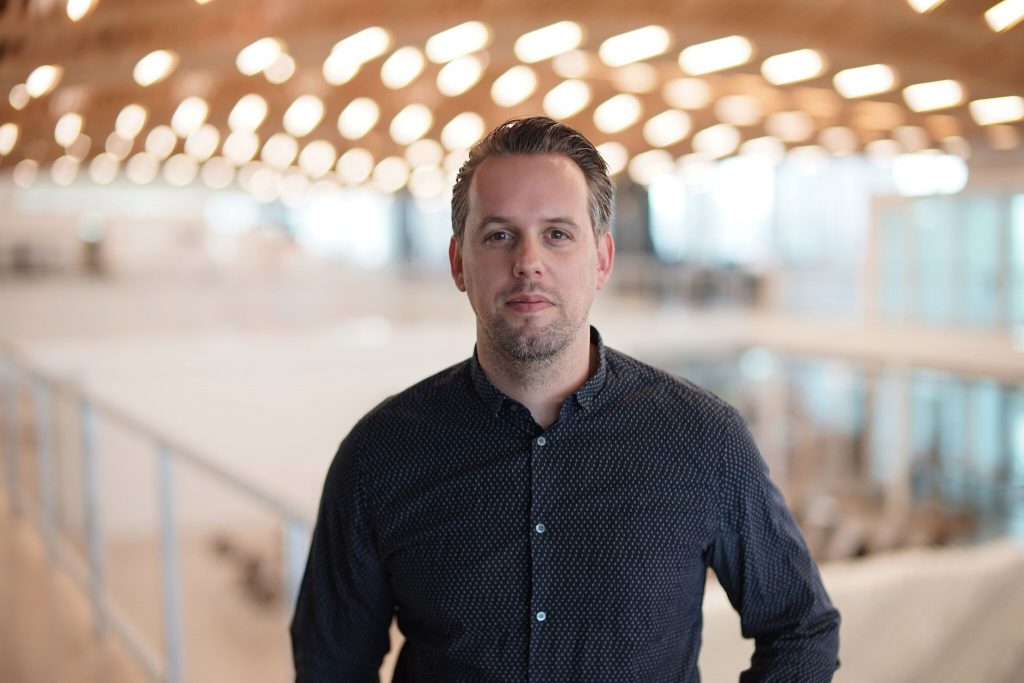
Philippe Block
Professor at ETH Zurich, Director of Block Research Group (BRG) and the Swiss National Centre of Competence in Research (NCCR) in Digital Fabrication.
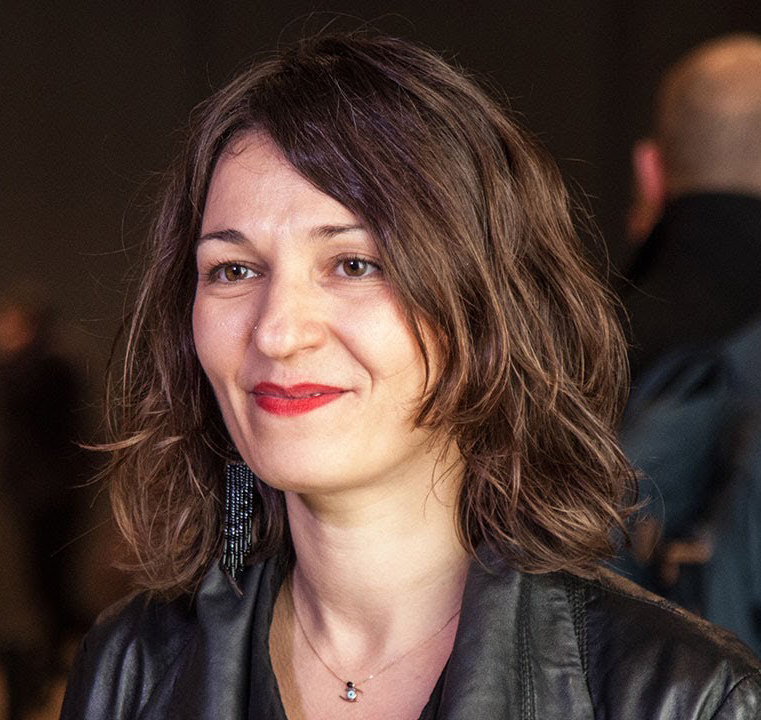
Areti Markopoulou
Academic Director of Institute of Advanced Architecture IAAC, Barcelona
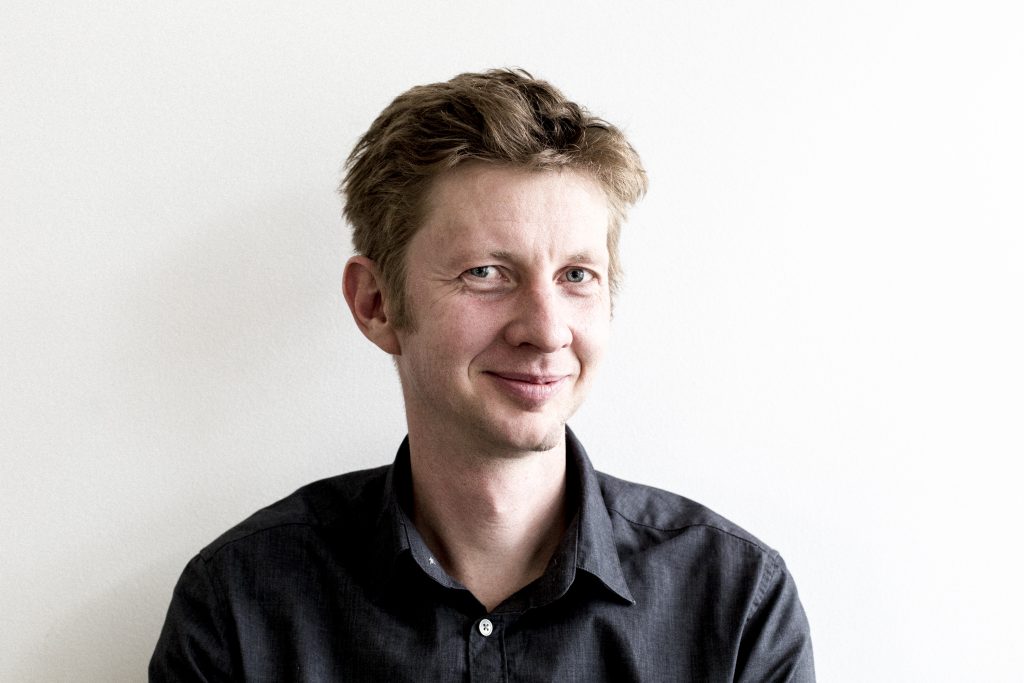
Mihkel Tüür
Architect and co-founder of KTA, Estonia
Advisers:
Gilles Retsin, Programme
Director Bartlett B-Pro AD, Director of Gilles Retsin
Architecture
Dr Yael Reisner, Head Curator TAB 2019, UK
Sille
Pihlak, co-founder of PART, TAB 2017 Installation Programme curator
Prizes
1st prize 15 000 € budget for construction. All qualified II stage
proposals will be will be exhibited as part of TAB 2019.
